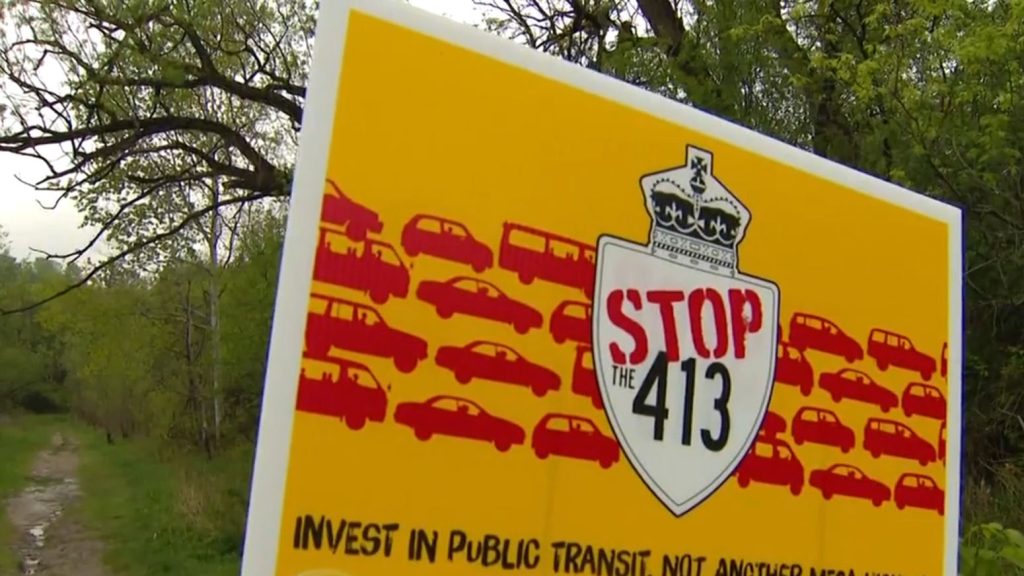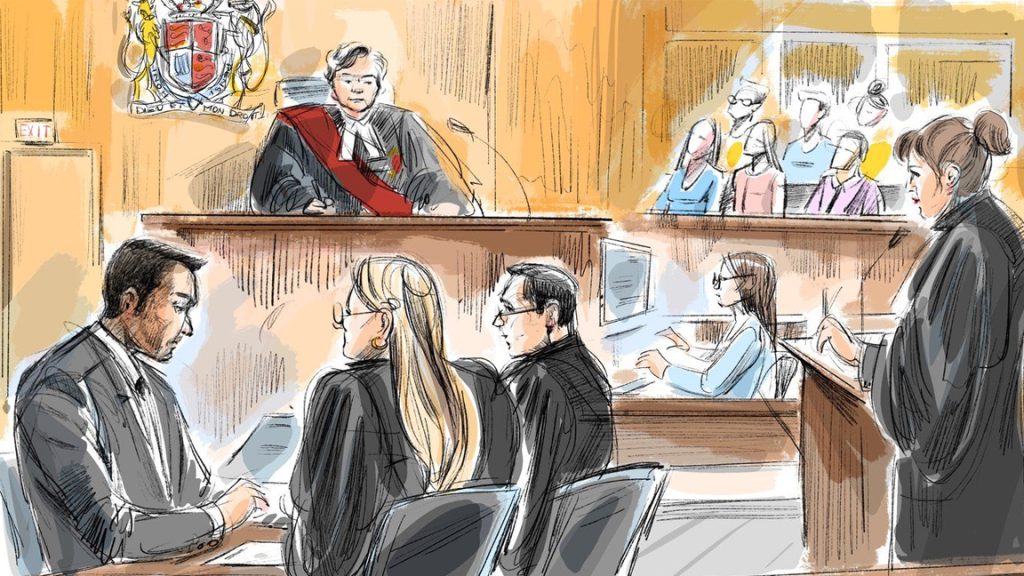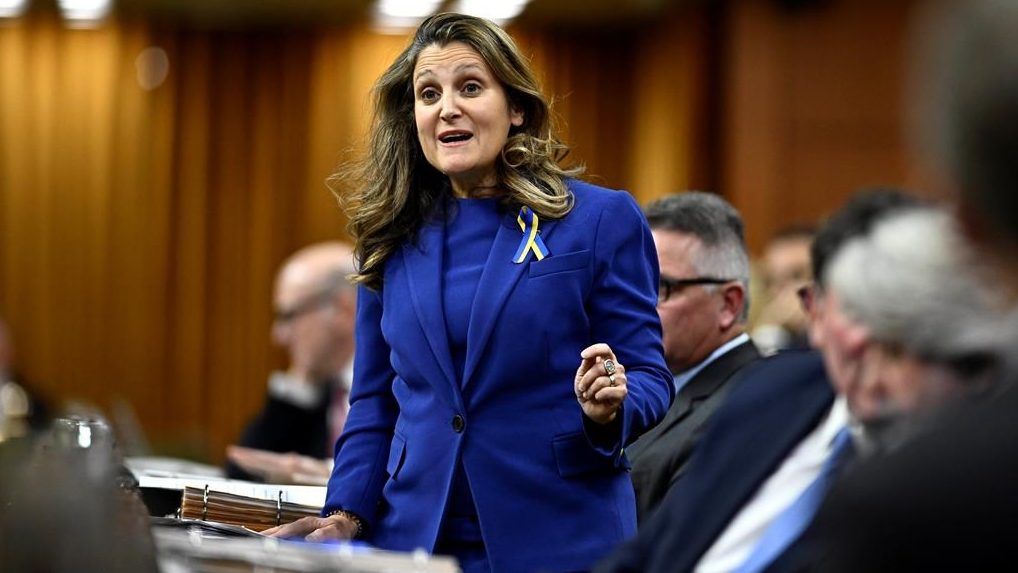DNC chair unbowed by 2020 fracas: ‘My job is … to win’

Posted February 21, 2020 4:34 pm.
Beyond the presidential candidates themselves, the Nevada caucuses Saturday will test Democratic National Committee Chairman Tom Perez as he tries to keep an already messy primary season from devolving into chaos.
“We are working around the clock,” Perez said, predicting a smoother process than the debacle that still leaves the Feb. 3 Iowa caucuses without certified results. “We’re all going to school on the lessons of Iowa.”
Aware of the stakes, Perez cautioned on Friday that Democrats’ third nominating contest is just the next step in what could be a long, bruising primary season. “As a former marathon runner,” Perez said, “I would observe we are in perhaps mile 2.”
Nevada is just the latest high-pressure crucible for Perez, the former labour secretary under President Barack Obama. Perez won the party chairmanship in a rancorous February 2017 election, and he spent the three years since promising a “fair” 2020 contest intended to avoid the infighting that hobbled Hillary Clinton in her loss to President Donald Trump in 2016.
Yet the prospects for a smooth nominating fight, if one were ever possible, evaporated in Iowa amid the failures of proprietary reporting and tabulation software that state Democrats purchased with knowledge of national party headquarters. Iowa is still in dispute after Bernie Sanders and Pete Buttigieg each declared victory and, just this week, sought formal recounts.
Sanders and Buttigieg are part of a remaining top tier of contenders that is all-white and nearly all-male, a stark turn from what began as Democrats’ most diverse presidential field ever, something Perez, the first-ever Hispanic DNC chairman, often celebrated.
Meanwhile, the current national polling leader, Sanders, is a self-declared democratic socialist who’s eschewed the party label through three-plus decades in public office. A leading alternative, Mike Bloomberg, is only a recent party convert. The mega-billionaire was elected mayor of New York City as a Republican, and only since leaving that office in 2013 did Bloomberg declare himself a Democrat.
Minutes after Perez stood on the Las Vegas debate stage Wednesday with a cheerleader’s enthusiasm, Buttigieg pointedly highlighted those dynamics. “Let’s put forward somebody who’s actually a Democrat,” he said. “We shouldn’t have to choose between one candidate who wants to burn this party down and another candidate who wants to buy this party out.”
Another doomsday scenario surfaced when moderator Chuck Todd asked candidates about the possibility of a contested convention with no candidate having secured a pledged-delegate majority in advance. Among the contenders, only Sanders said a convention should nominate whoever comes in with the delegate lead.
To top it off, the national party’s finances remain a fraction of what Republicans boast. DNC officials this week happily announced a $15 million haul for January, with online and large-donor contributions far outpacing previous cycles. Yet they’re up against a Republican president and national GOP – with no competitive primary – that raised $60.5 million and have more than $200 million cash on hand.
Perez opts for an optimistic outlook. “Whoever wins this nomination by definition is going to be battle-tested,” he said. “And all of the candidates have been very clear: I will unequivocally and enthusiastically support the winner” of the nomination.
The chairman noted Democrats’ impressive run of state and federal victories at the ballot box since 2017. Yet Perez and other prominent Democrats acknowledge that the final judgment of his tenure hangs on the 2020 election.
“It’s just a job that gets plenty of blame for anything that goes wrong and very little credit when things go right,” said Donna Brazile, Perez’s predecessor.
Previous party leaders, especially those serving when their party is out of power, can attest. Howard Dean is fondly remembered in Democratic circles for his “50-state strategy” that helped Democrats retake the House in 2006 and then the White House in 2008. But he’s overshadowed by Obama and his campaign behemoth. Similarly, Republican Chairman Reince Priebus quietly rebuilt the GOP into a data and ground-game force during Obama’s presidency. That infrastructure was critical for Trump in 2016, but Priebus has gone largely uncredited, and he ended up being unceremoniously fired as Trump’s first White House chief of staff.
Perez’s actions amid the Iowa fracas reveal how well he understands the reality.
“Enough is enough,” he tweeted on Feb. 6, seemingly shifting blame for Iowa squarely on to state officials.
Perez issued the tweet even as he had dispatched top lieutenants to essentially take over the counting process. Troy Price later resigned as Iowa party chairman. The Sanders and Buttigieg campaigns have since sought paper ballot recounts. Perez said Friday he had “constructive” telephone calls with Iowa party officials this week, including Price’s successor. “We are looking forward,” he said.
In Nevada, Perez has already sent DNC’s technology staff ahead of Saturday. The software used in Iowa has been scrapped in favour of simpler methods. “Our goal is to try and get the results out some time” Saturday, Perez said. “At the same time, we want to get it right.”
Larry Cohen, a prominent DNC member and one of Sanders’ top supporters, urged Perez to manage expectations. “If you’re going to bed on the east coast Saturday night,” Cohen said, “you’re not going to know who won Nevada, and that doesn’t mean everything blew up.”
There’s some irony, perhaps, in the opening caucuses defining the 2020 primary season and Perez’s management of it. The changes, requiring paper ballots and reporting results of multiple rounds of voting, were part of sweeping post-2016 changes that resulted from a “Unity Commission” that emerged from negotiations between Sanders and Clinton.
It was the commission, which Cohen co-chaired, that pushed to diminish the role of so-called “superdelegates” at the 2020 convention, while also encouraging states to abandon caucuses in favour of primaries or at least make caucuses more accessible and transparent.
“These were major changes,” Cohen said. “I give Tom and his staff a lot of credit for getting them through.”
Indeed, Perez pushed the full DNC to go further than the Unity Commission recommendation and strip superdelegates of their first-ballot presidential votes altogether. “That wouldn’t have gotten done without Tom,” Cohen said this week.
Cohen’s fellow progressives remain largely skeptical, but Perez said he’s staying focused.
“My job is not to expand my holiday card list,” Perez said. “My job is to do what will enable us to win.”
Bill Barrow, The Associated Press










